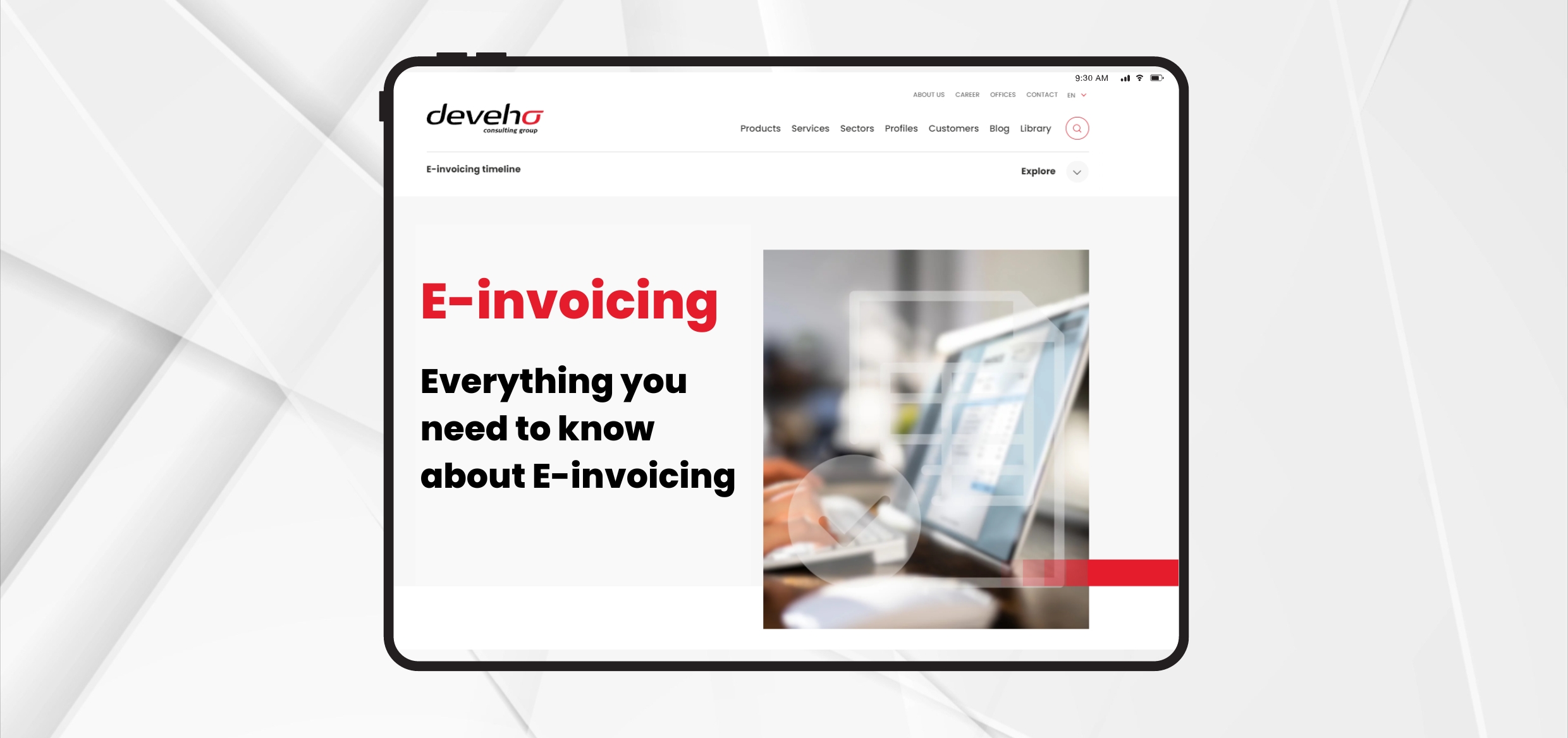All you need to know about electronic invoice

With the mandatory introduction of B2B Electronic Invoice in France from
Firstly, mandatory Electronic Invoice will simplify the processing of incoming and outgoing invoices and the filing of VAT returns. It will also allow invoices to be more seamlessly integrated into accounting systems, enabling up-front compliance checks and greater transparency for customers on the processing status of their invoices.
It is important to understand the specific requirements for e-invoicing, not only in France, but also across Europe. Preparing now will ensure that businesses make a smooth transition to this new invoicing paradigm, enabling them to remain competitive in an ever-changing marketplace.
New e-invoicing requirements mean that invoices need to be more seamlessly integrated into accounting systems and their compliance checked in advance to avoid errors and disputes.
In addition, companies must be able to provide their customers with full visibility of the processing status of their invoices, thereby increasing customer confidence and satisfaction.
By adapting their systems and practices to meet these new requirements, organisations can not only comply with regulations, but also improve their operational efficiency and competitiveness in the marketplace.
Find out more about new requirements!
Electronic invoicing has a number of features that make it different from traditional paper invoicing. Here are some of the key features of e-invoicing:
In summary, e-invoicing is characterised by dematerialisation, automation, integration with IT systems, defined standards and formats, data security, traceability and easy archiving. These features help to improve the efficiency, accuracy and security of companies’ invoicing processes.
It is important to note that the choice of e-invoice format may depend on regulatory requirements, the preferences of trading partners and the ability of IT systems to process them efficiently.
Platforms are emerging to enable businesses to benefit from Electronic Invoice in a simple and secure way.
The exchange of invoices between companies is handled by private platforms or Plateformes de Dématérialisation Partenaires (PDPs), which must be listed in a directory.
The transmission of billing data, which will allow the pulse of the economy to be taken, will be handled by a public platform, the Public Billing Portal (PPF). Only the public platform will exchange data with the DGDiP. An automatic link will be established between the private platforms and this public platform.
Thanks to the involvement of French teams in the preparatory work initiated by the DGFiP, the Sage PDP will provide all the basic services guaranteed from the first connection, with advanced ergonomics: reliability.
Finally, the Sage PDP will complement the basic services with a range of value-added services that will take companies fully into the era of inter-company performance. Processes other than invoicing, such as treasury and purchasing, are likely to benefit from the revolution in the networking of information systems.
Deveho Consulting Group can help you with your digital transformation. Do you have a question? Do you have a need? Contact us!